Williams made the freshman team at North Carolina as a walk on but being a player was not his focus. In Hard Work, his terrific book with Tim Crothers, Coach Williams describes his mind set.
"By then I knew for certain that playing wasn't my goal. My goal was to learn to be the best coach I could be. My freshman year I started staying after our team's practices to watch Coach Smith's varsity practices. I tried not to be a pest. I didn't want to be underfoot, getting in everybody's way. I sat high up in the bleachers to keep my distance and have a good view of everything happening on the court. I had a legal pad and a pencil, and I wrote down every drill and diagrammed the alignment of the players. I wrote down whatever Coach Smith or Coach Guthridge said. I wrote down what time each drill began and how long it took. I was writing out my own practice plan. I knew that was what I wanted to learn more about."
After his freshman season Williams worked 24 hours a week his entire college career. Despite his schedule, he continued to attend as many practices as he could. After four years of studying practice from the bleachers, Roy Williams had his first conversation with Dean Smith, Coach Williams described it this way:
"I had always enjoyed math and working with numbers. During my senior year at North Carolina, I was still watching as many of Coach Smith's basketball practices as I could squeeze in around working for intramurals. One day one of the varsity team managers came up to me in the bleachers and said, "Coach Smith would like to ask you a question." I was scared to death, but I walked down to meet Coach Smith. He said, "If you wouldn't mind, I'd like you to be a statistician for us and keep a points-per-possession chart. I really need somebody to do that who's going to concentrate and do a good job and know what's going on in the basketball game." I said, "Coach, I would love to." I was trying my best to act normal, but I couldn't really believe what was happening. It was the first conversation we'd ever had. I think it was Coach Smith's way of challenging me and I took it very seriously. That season I was asked to keep the stats at some preseason scrimmages, and Coach Smith liked what I did. I was precise and he could read my writing. When the season started, I did that for every home game and any of the road games in the state that I could drive to."
This was the beginning for Roy Williams and Dean Smith. The rest made basketball history!
How persistent are you about your passion?
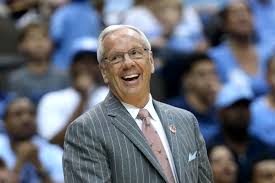
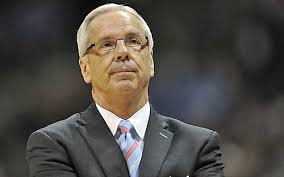
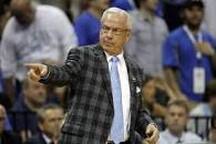
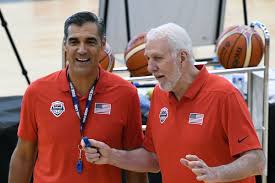

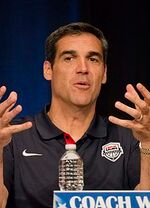
 RSS Feed
RSS Feed